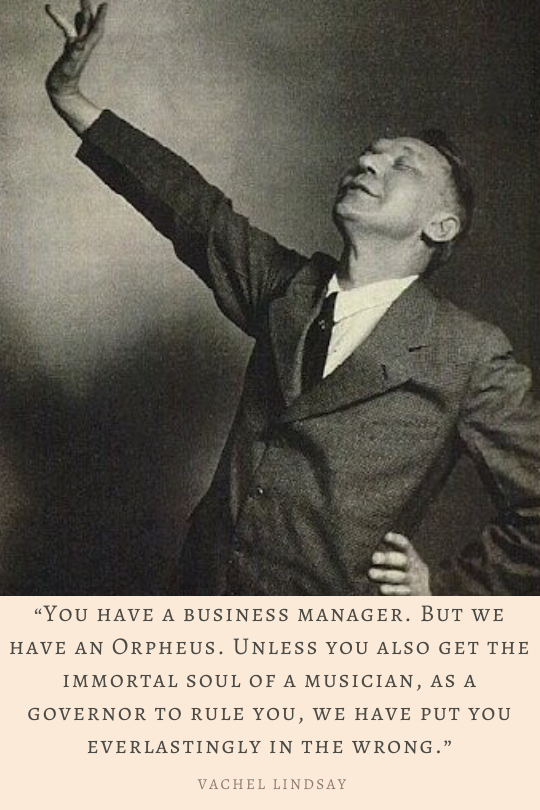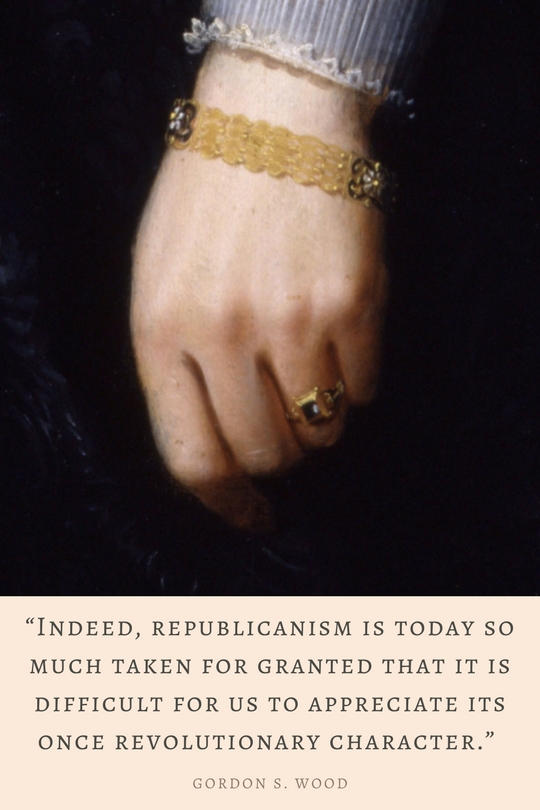Jiddu Krishnamurti repudiates the Convergence of Theosophy and his Teaching
The most comprehensive collection of Krishnamurti’s true thoughts on Theosophy. Gathered by the Rishi Valley Study Centre (Working Paper #4, May 1995, Revised October 1996 by Hans and Radhika Herzberger). Jiddu Krishnamurti utterly rejected the convergence of his thought and Theosophy, and his wishes should be respected. Contemporary Theosophists have to let go of Jiddu Krishnamurti, and trying to reconcile or find a convergence of Krishnamurti’s thought and Theosophy.
“Q: I have studied Theosophy very deeply and (…) I say that your wisdom is essentially the truth of Theosophy. JK: You may study profoundly all the Theosophical books; but your conception of wisdom is utterly false. (…) You gather dust from books and call it wisdom. I speak of a natural wisdom, beyond all books. (…) To me your theories are utterly valueless.” (Jiddu Krishnamurti, Adyar 29 Dec 1932)
“You may deceive yourself by saying, “What you say and what I believe are the same. They’re the two sides of the coin.” You may say what you like; but that is mere self-deception. (Jiddu Krishnamurti, London 16 Oct 1949)
“I joined societies in my time; I belonged to organisations; I became a priest, as is the right of every Brahmin in India. I went to Masonic meetings. I did all the things that many others do, in order to find out for myself. Very carefully I went into these to see if I could attain through them to that central reality … that happiness which is life. I went through all these and not finding in them the truth which I sought, I left them. Now I have found it + And so, when I say these things are unnecessary, it is not out of contempt, or fanaticism. I say it because they all deal with the symptoms only, not with the real cause.” (Jiddu Krishnamurti, Q&A Jul 1930)
Jiddu Krishnamurti criticized Theosophy, when people kept comparing his teachings. Theosophical Society members often talk of Jiddu Krishnamurti, and try to reconcile his thought. They therefore point people in the direction of a man who repudiated them.
People today are more likely to listen to Jiddu Krishnamurti, because his outlook and religious non-conformity matches that of many persons today, regarding religion and politics. Jiddu Krishnamurti’s Holland speech at Ommen Camp in August 3, 1929 encapsulates the way we are educated, and the way people think of religion.
There is nothing in Jiddu Krishnamurti’s approach that cares one iota about what Theosophists were doing before, or after the first and second generation periods (before and after the 1900). In comment sections of JK’s talks, most commend the man for rebuking the “cult of Theosophy,” and like him, they do not care about the issue, for those who know the history, and the real issue.
Besides, the term cult being used commonly as as term for a group exercising negative psychological manipulation on its community, the Theosophical Society did become this, when its subversive leaders and compliant members used Jiddu Krishnamurti for a scheme diametrically opposite of, and destructive to the original Society.
In Reluctance of a Messiah, Jiddu Krishnamurti said: “Please do not think that in the combination of your ideas and mine, you are going to realise a unified whole.”—Jiddu Krishnamurti, Ommen 27 Jul., 1933. “You cannot take what I say and add it to your own. You cannot mix oil and water.”—Twelve Ommen Talks, Benares 1933. I tried to use Jiddu Krishnamurti to argue, that his criticisms of Theosophy are not really of Theosophy, but of Neo-Theosophy. While this may be mostly true, J.K. really didn’t care about tradition, and whether he knew of theosophy in-depth or not, Krishnamurti focused on practical and experiential knowledge.
Perhaps, JK’s ideas rightfully applies to Rene Guenon’s concept of ‘Counter-Tradition.’ Jiddu Krishnamurti wanted people to understand him, but understanding him meant rejecting traditional forms, in favor of his teachings, and inquisitive approach.
Krishnamurti is like Nebu in the Ginza Rabba (formerly, Codex Nazaraeus), when Jesus is referred to as “the false Messiah, the destroyer of the old orthodox religion.” J. Krishnamurti did not demonstrate to the public anything about the real history and origin of the Mysteries. Krishnamurti’s interviewers often noted, that what he was saying, was not different from other schools of thought, which again he stated was an excuse to not inquire, and gain the knowledge for oneself. When asked if he was the Antichrist, and told that he was teaching a kind of philosophical anarchism, J.K. replied, that men just wanted to be kept in their illusions and beliefs, rather than examine what he was saying. Nevertheless, Krishnamurti did not care about the history, and things the Theosophists were pointing to, that showed, that the Truth was bigger than JK himself.
This will make you see him in his true light in San Diego at his best —
Krishnamurti on Theosophy
Krishnamurti stated unhesitatingly:
“There are so many fantastic ideas concerning me that I must start by asking you to put [your ideas] aside. (Ojai 25 May 30); I have often spoken in India, and they tell me there that what I teach is Western Philosophy plus I have also heard it said that it is pure Hinduism or pure Buddhism or pure theosophy. The majority of people make these statements because they derive a certain satisfaction to be able to say, “Oh, we knew all this before”. They can sit comfortably back in their own traditional forms and remain there, not caring to examine what is put before them. (Berlin 3 Apr 31)”
“Q: It has been claimed by some that you are the Christ come again. What do you have to say about this? (Oslo 5 Sep 1933); Q: Some say you are Christ, others say you are the Antichrist. What, in fact, are you? (Rosario 27 Jul 1935)
In India they tell me I am teaching Hinduism. In Buddhist countries, they tell me it is Buddhism. Theosophists say I am explaining anew their own special doctrines. (Buenos Aires 15 Jul 1935); Please do not brush me aside by calling me a mystic, an anarchist, a communist, or by any other name. (Rosario, Argentina 27 Jul 1935)”
Q: You are preaching a kind of philosophical anarchism, the favourite escape of the highbrow intellectuals; Q: [It is] very akin to the Upanishads.
JK: You are really seeking a state in which you will not be disturbed (…) [so] you can settle back and keep on repeating [something which] has no effect on your daily life (Bombay 5 Mar 1950)
It is evident he is aware, that the questioner knows nothing, and is just comparing based on what they intellectually have learned about the Upanishads. Krishnamurti rejected comparisons of his teachings with Advaita-Vedanta and professionals. What Jiddu Krishnamurti was teaching, some have said at that time, required gradual steps in the process of spiritual evolution, and because he rejected traditions and the literature, he could not get people to understand this. A person could not get that by merely listening to Krishnamurti’s speeches, but this is what he thought. He himself would mention during his talks, that people were just dazed by “the Speaker” [his words] anyway.
The positive thing, is that like H.P. Blavatsky, what Jiddu Krishnamurti says can have the effect of destroying one’s illusions, except that Krishnamurti thought of theosophy as an illusion.
“In talking to groups of listeners all over the world, I find that more and more people seem not to understand what I am saying, because they come with fixed ideas; they listen with their biased attitude, without trying to find out what I have to say, but only expecting to find what they secretly desire.” (Jiddu Krishnamurti, Alpino 1 Jul 1933)
“If I may suggest, it would be wise to dissociate ourselves for the time being from any particular form of belief. We must look at human problems from no particular point of view. (Amsterdam 22 May 1955) We must explore, not from any particular point of view, as belonging to certain tribes or communities. See the world as it is, not as we would like it to be” (New Delhi 6 Nov 1983).
“To clarify the position: I am not a Theosophist.” (Rio 13 Apr 1935).
“What I say is diametrically opposite to your beliefs.” (Ommen 29 Jul 1931)
“I have been called a Theosophist, and I have also been called by other labels.” (Valparaiso 4 Sep 1935)
“Many incorrect statements have been made about me. I am not a Theosophist.” (Mexico 20 Oct 1935)
“You, the Theosophical Society, and I, do not meet.” (Banaras 6 Feb 1949)
They say “We are both the same” (JK). The man is saying “We’re not” (JK).—at Krishnamurti Foundation of America, Ojai 4 Mar 1972.
Krishnamurti on Theosophy, Rishi Valley Study Centre (Working Paper #4, May 1995, Revised October 1996), edited by Hans and Radhika Herzberger











I’ve got nothing particular against Krishnamurti as a Mystic, (and don’t much care what he says) but he certainly wasn’t a Theosophist or Blavatsky-Theosophist, as you say. (Does he say anything anywhere about Blavatsky? He was only exposed to Adyar Neo-theosophy.) Blavatsky’s intent for the TS was to split it in two between Esoteric Groups (under her) and the Exoteric Groups and Society (“who could follow any montebanks they wish,” see her letters to Camille Lemaitre at Blavatsky Archives.) A good book on Krishnamurti is “Lives in the Shadow with J Krishnamurti,” by Radha Rajagopal, which among else he shows him life-long sharing his best friend’s wife.
LikeLiked by 2 people
Certainly no perfect man, but surely what he was exposed to really irritated him. He says he studied Theosophy a great deal, which I do not know whether to buy or not. Nevertheless, I can imagine even him reading HPB for like a few minutes, then throwing it away. It’s usually the reaction of other people, who say it’s too difficult. His thinking give the impression, that intellectual development should be ignored.
LikeLike